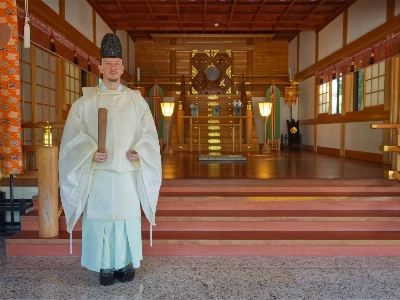TAIPEI -- March 2000 saw a sea change: the election by universal suffrage of Chen Shui-bian as president of the Republic of China. The Nationalist Party (KMT) no longer ruled Taiwan. This finally put to rest the trite old misconception that ethnic Chinese are not ready for democracy.
Chen is a scion of the Democratic Progressive Party, the DPP, which for more than a decade had stood up to the KMT, forcing it to modify its more repressive policies. The contrast between the old guard and the new could scarcely be more marked. Taiwan had, in the president's own words, "stood up."
But Chen's party, the DPP, favors de jure independence for Taiwan. Did that mean there would be war in the Taiwan Strait? Just three days before people went to the polls, Chinese Premier Zhu Rongji had appeared on television, warning of serious consequences if the people on Taiwan chose the "wrong" candidate. That there has not been a war is largely due to the president's decision to find a new "middle way." What does that concept mean in a Taiwanese context?


















With your current subscription plan you can comment on stories. However, before writing your first comment, please create a display name in the Profile section of your subscriber account page.